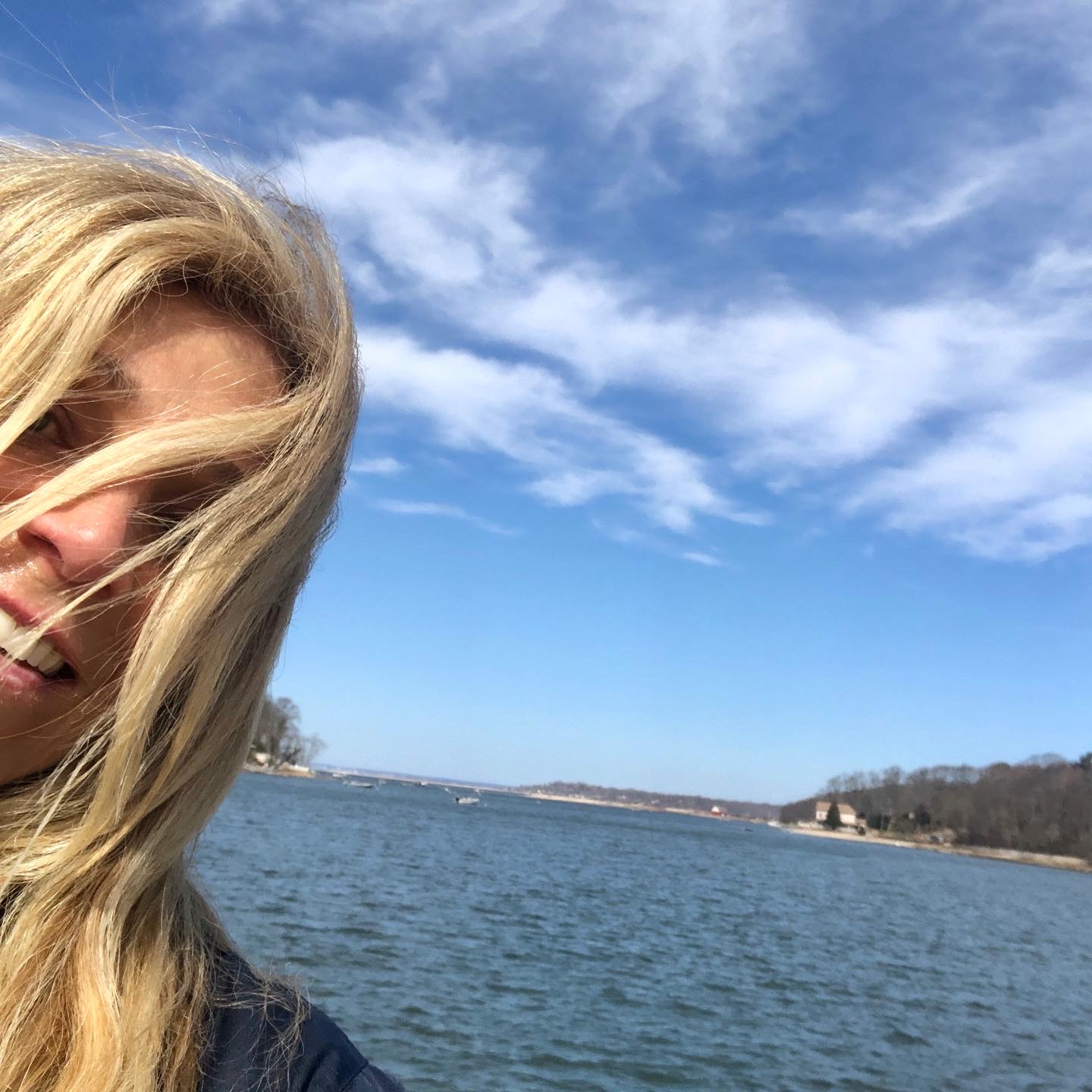Bridges are transformational. In real life they allow us to cross from one distinct place to another. Neuroscience has shown we can accomplish this same feat with our mental states through an intentional practice of gratitude.
Years ago, I decided to start a gratitude journal. It was an epic fail just like my previous attempts at journaling. It wasn’t the gratitude practice that held me back, it was the act of writing. I needed a simpler daily ritual which required no pen and paper. I am lucky enough to live in the small quiet water town of Centerport located on Long Island. The town is bordered by two quaint harbors, one of which is overlayed by a small bridge, which is home to birdwatchers, fishermen and leisure enthusiasts. Since my daily run and commute to work take me over this bridge at least once a day, I decided to use this concrete connector as my trigger for gratitude training, thus dubbing it Gratitude Bridge.
For the past seven years, each time I traverse this bridge, whether on foot or by car, I make a mental list of three things for which I am grateful. I try not to repeat gratitude items, as it encourages creativity and acknowledgement of the simple things in life that a modern day person wouldn’t necessarily equate with gratitude. Items such as running water, bald eagles who dive-bomb unsuspecting eels alongside the bridge, freedom of speech, two legs that can still run (or jog) my way over a bridge, the golden sparks of the early morning sun reflected in the water, my children, my career as a school psychologist, the students I work with that make me giggle in the hallways at school, and my health are just some of the countless items that I have ticked off my mental list during my daily gratitude training.
As my gratitude training evolved, I began challenging myself to find gratitude in the challenges and adversity that emerged in my life. At times, this task seems insurmountable, like the extra 10 sprints Olympic runner s add to the end of a grueling workout to increase their stamina. This process of seeking out gratitude during times of adversity trains our brains to delve deep to find opportunity and meaning where there is seemingly none. It rewires our default thinking which so easily slips into negativity and despair thus adding another deeper and meaningful dimension to our thinking. Our ability to reframe adversity does not in any way attempt to eradicate the feelings that accompany challenging life events, it merely allows us to accept what is happening and acknowledge the light that always shines through the darkness. For example, we can find gratitude in the grief of losing a love one, when we acknowledge that grief only exists when something loved has been lost. Gratitude is viewing the time we had with that person as a gift to be cherished.
Gratitude training, when it is practiced consistently prevents us from being swallowed up by negativity and allows us to bounce back more quickly, the very essence of resilience. Ultimately, gratitude training flexes the neural connections that make us better able to cope, making us mentally stronger.
With regular gratitude training we become empowered by the ability to construct our own mental bridges, allowing us to cross over from negative and sometimes harmful mental states such as self-doubt, anxiety, and despair to more meaningful states of acceptance, curiosity, contentedness, and even joy. When adversity strikes, our gratitude practice acts as armor, allowing us to not only withstand the blow, but to find creative solutions and more balanced, meaningful ways to move forward. We often cannot control what events happens to us in life, but with gratitude training we can most certainly control how we think about them.



